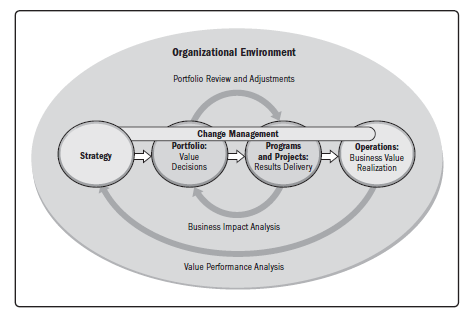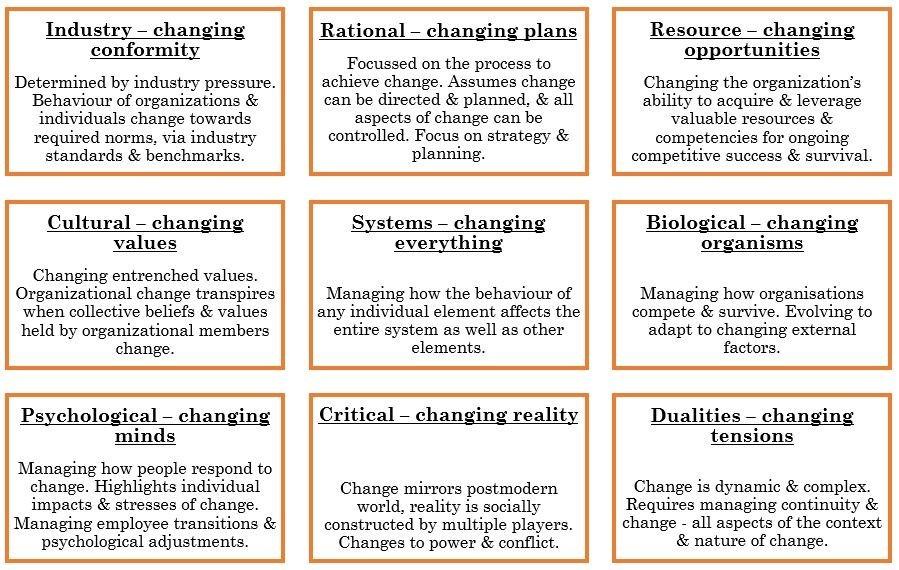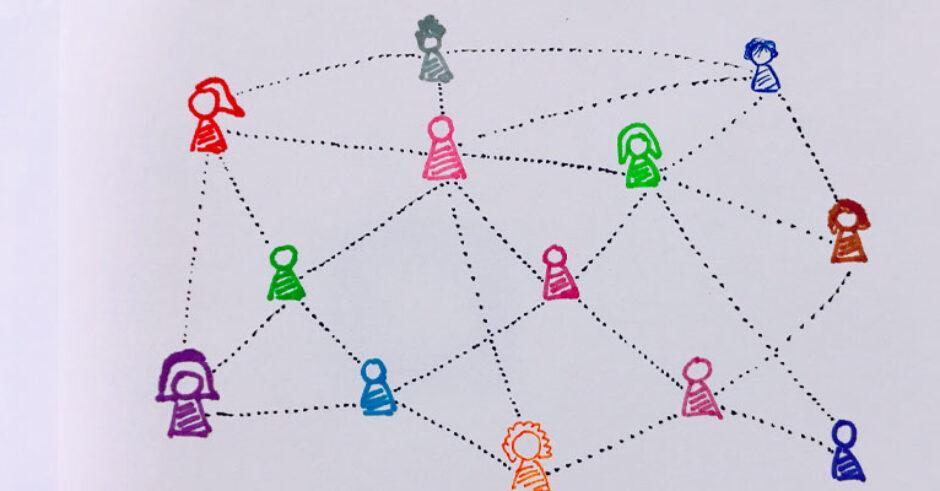The study of organisational change in higher education, is, as you would expect, founded on relevant science and research. The masters level Management of Change subject I completed many years ago, explored organisational change as part of organisational development and learning, models of change (note, this wasn’t project management), and challenging the concept of ‘planned change’ let alone realising it, given the reality of organisational and human behaviour.
The sciences that underpinned the associated research and theories about organisational change I studied, were primarily psychology, social, politics, philosophy (ethics, morals), and cultural (anthropology). Unsurprising, given organisations are essentially communities, and groups of human beings.
Change starts with the personal, is emotional, also influenced and shaped by the complex systems of human relationships and norms of behaviour, in groups, communities and society.
But this can be incredibly surprising, for many people who have only been exposed to organisational change as a construct of project management.

Any project people pulling a face, and ready to hit the back arrow to avoid reading any more, here’s a helpful diagram from the Project Management Institute’s Managing Change in Organisations: A Practice Guide. Figure 3-3.
Depicting change management as a construct that is part of the organisational environment.
organisational change is about people
It’s the humans in organisations who create great outcomes for their organisation, and employees’ emotional experience of work, is what primarily determines the success or otherwise, of strategy and change.
What people experience, think, feel, and believe – consciously and unconsciously – determine:
- if, what, and how they adapt and respond to change.
- who are decision-makers about change, and what they decide, and
- how change evolves.
culture is the organisational environment in which people live, from which change results
Human responses and decisions are predominantly based on emotions.
Organisational change and transformation strategies that focus primarily on logic, to change what people think and therefore do, are foolhardy.
Despite the wealth of evidence that humans, and therefore organisations, aren’t rational actors, rational approaches to change remain the most popular. Based on the appeal of believing by simply creating awareness, communication, knowledge, engagement, and repeating the ‘why’ of strategy and change, employees can be managed through change. Think ADKAR, Kotter’s 8 steps, and Lewin’s 3 steps, but as McKinsey’s The irrational side of change management highlights,
“in the same way that the field of economics has been transformed by an understanding of uniquely human social, cognitive, and emotional biases, so too is the practice of change management in need of a transformation through an improved understanding of how humans interpret their environment and choose to act.”
the big questions
- Do the project management approaches you’re following, have foundations that include the human sciences of psychology, social, politics, philosophy (ethics, morals), and cultural (anthropology)?
- Do the project management approaches you’re following, acknowledge and act on, the influence of culture and sub-cultures, on organisational change?
models of change
So what are models of change?
Research highlighted two core modalities that facilitate organisational change, are Appreciative Inquiry and Action Learning, both founded on positive psychology.
Professor Smith and Dr. Graetz published Philosophies of Organizational Change, identifying nine ways that “govern a change agent’s way of looking at the organizational world and the best approach to introduce change.” Advocating that change is never achieved based on one approach or model.

Optimising change interventions requires using ‘ingredients’ from a number of approaches, relevant to the complexities of the context and nature of change. It’s about applying the right ‘recipe’ to most appropriately instigate change, whilst acknowledging that organisations, like people, cannot be controlled. Change always include emergent, unexpected qualities.
so what’s project management got to do with organisational change
Project management, and any process involved in creating organisational change, including strategy creation and continuous improvement, needs to include decision-making on the most appropriate change models to adopt and align with.
And any experts in organisational change should be involved in selecting and supporting change models, that are appropriate for the strategy succeeding in the prevailing culture.
Models of organisational change are the foundations on which program and project management should be aligned, not the other way around.


